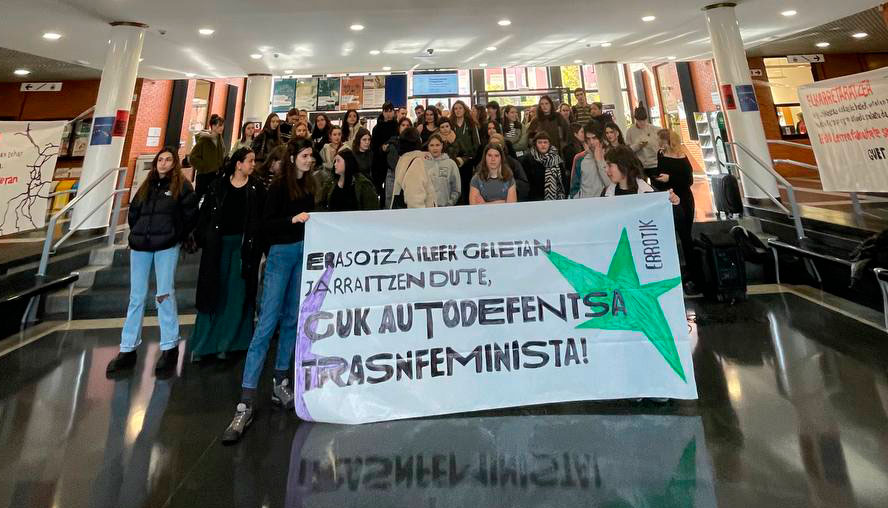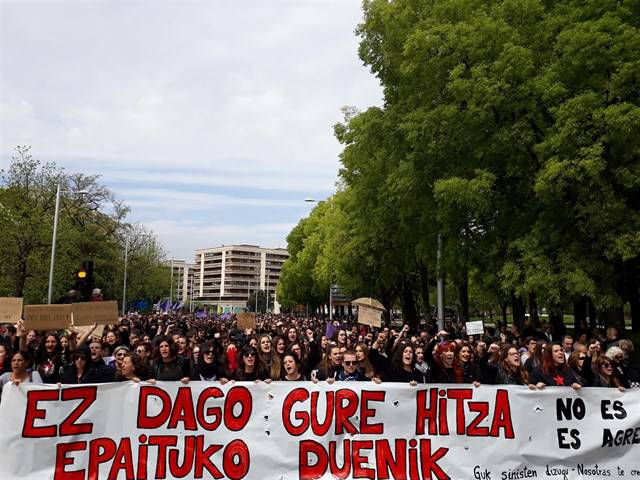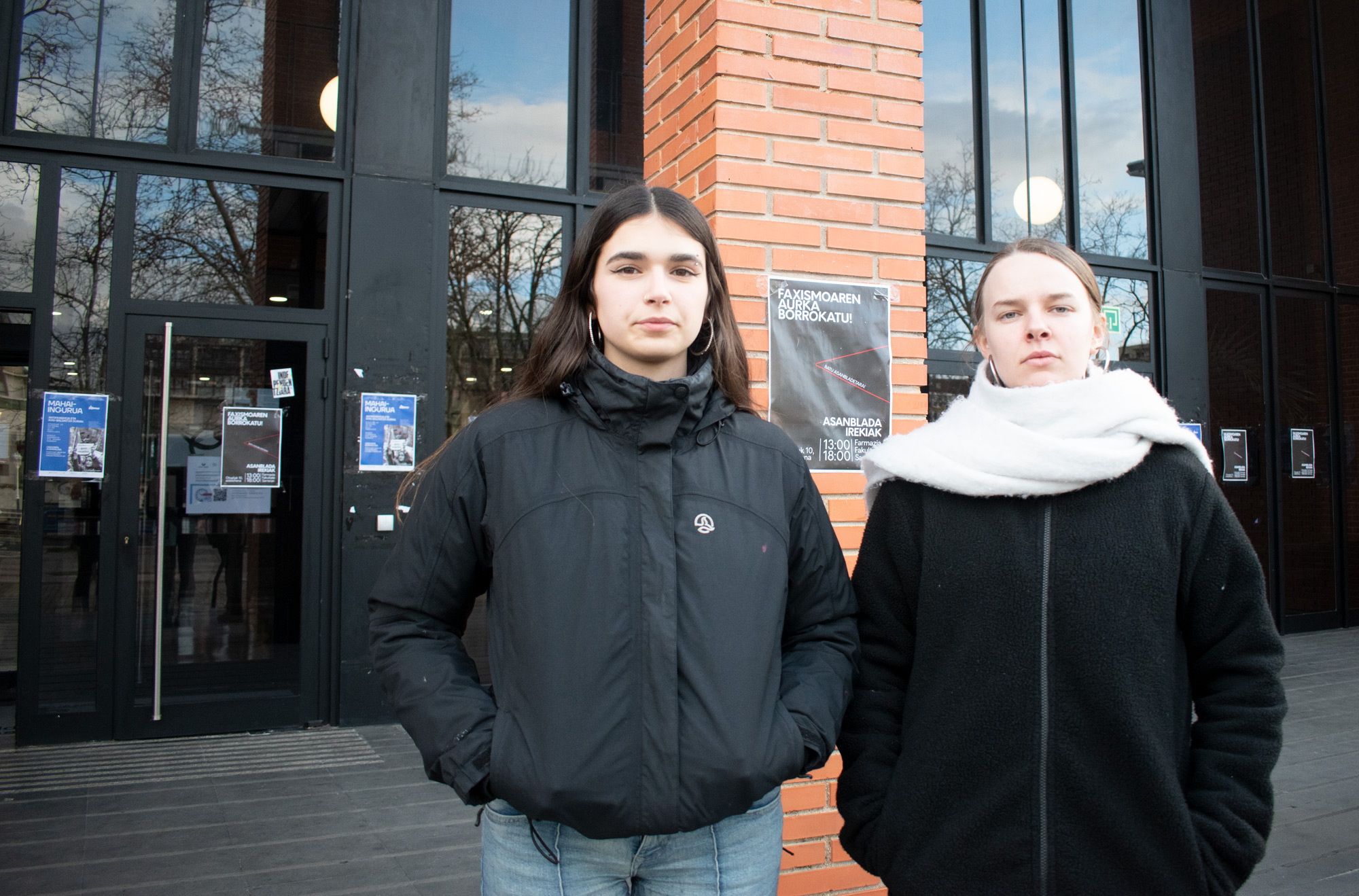French Senate approves law against sexual assault
- The text has received 224 votes in favour and 22 against. Having removed the “presumption of non-conformity” of minors, he has been accused of not protecting the under-15.

After the law against sexual assault passed through the French National Assembly in May, it was debated in the Senate on Wednesday and yesterday. In that month of May, the legislative text created clear discrepancies between the government, deputies, the feminist movement and associations for the protection of children. The second article was precisely what caused the outrage of the left opposition. It was intended to protect underage victims, but due to changes in the process, the law presented yesterday by the Secretary of State for Equality, Marlene Schiappa, was accused of doing the opposite. However, the Senate passed the law with 224 votes in favor and 22 against. Now it lacks the approval of the Equality Commission.
In fact, the initial version of the text included the “presumption of non-consent” of minors: if an adult made a penetration of a minor under the age of 15, he wanted it to be automatically considered a sexual assault. In the existing legislation on violations against minors, the defendant could argue that it was “sexual intercourse without coercion” and with the victim’s consent, something that the new law intended to change.
The Council of State, however, declared this point unconstitutional, arguing that it did not respect the presumption of innocence of the accused. Instead, the government decided to consider it an abuse when an adult commits a “sexual act” to a child under the age of 15 if the child does not “have the necessary sense and maturity to accept.”
On top of that, another point raised the tumultuous debate in the French upper house yesterday. On Wednesday, members of the feminist movement rejoiced when senators decided to eliminate the “crime of sexual harm caused by penetration.” Opponents attributed to this designation the avoidance of the term rape and the use of a euphemism. In addition, the opposition accused him of softening the typification of rape. The designation and prosecution of such attacks as crimes was seen as a step backwards, since French law defines rape as a crime, the most serious possible violation of the law.
Paradoxically, however, the designation of sexual harm as a criminal offence entailed a proposal to tighten the penalties: a prison sentence of five years to 10 years. The aim was therefore to expedite the conviction of the crime, especially in cases of sexual assault against minors.
While the suppression of the “crime of sexual harm caused by penetration” has been applauded by some members of the feminist movement, it is the suppression of the “presumption of non-consent” of minors that provokes the anger of socialists and senators. In this week’s debates, the right-wing opposition has again argued that the presumption violates the constitution. “A penis does not accidentally enter a child’s mouth, anus or vagina,” Socialist Laurence Rossignol replied.
However, at yesterday’s session, measures to strengthen resources in education to combat sexual assault were voted on. In addition, an amendment was voted in favour of the trauma suffered by the victim in cases of incest. At present, a minor who has been sexually assaulted at the age of 18 has a period of twenty years to file a complaint. Now, in the case of those suffering from post-traumatic amnesia, the prescription of twenty years has been eliminated.
This news has been published by Noticias and has been brought to our attention thanks to the Creative Commons license.
We learned this week that the Court of Getxo has closed the case of 4-year-old children from the Europa School. This leads us to ask: are the judicial, police, etc. authorities prepared to respond to the children’s requests? Are our children really protected when they are... [+]
Bi erizainetatik batek lanean eraso sexistak jasaten dituela azalerazi du Erizainen Ordenak joan den urte bukaeran egin ikerketak. 21.000 erizainek ihardetsi dute, sektore pribatu, publiko eta liberaletik. Hauetan 2.500 gizonak dira.
Today, the voices of women and children remain within a culture that delegitimizes their voices, silencing their experiences, within a system aimed at minimizing or ignoring their basic rights and needs. A media example of this problem is the case of Juana Rivas, but her story... [+]










_2.jpg)


_2.jpg)






